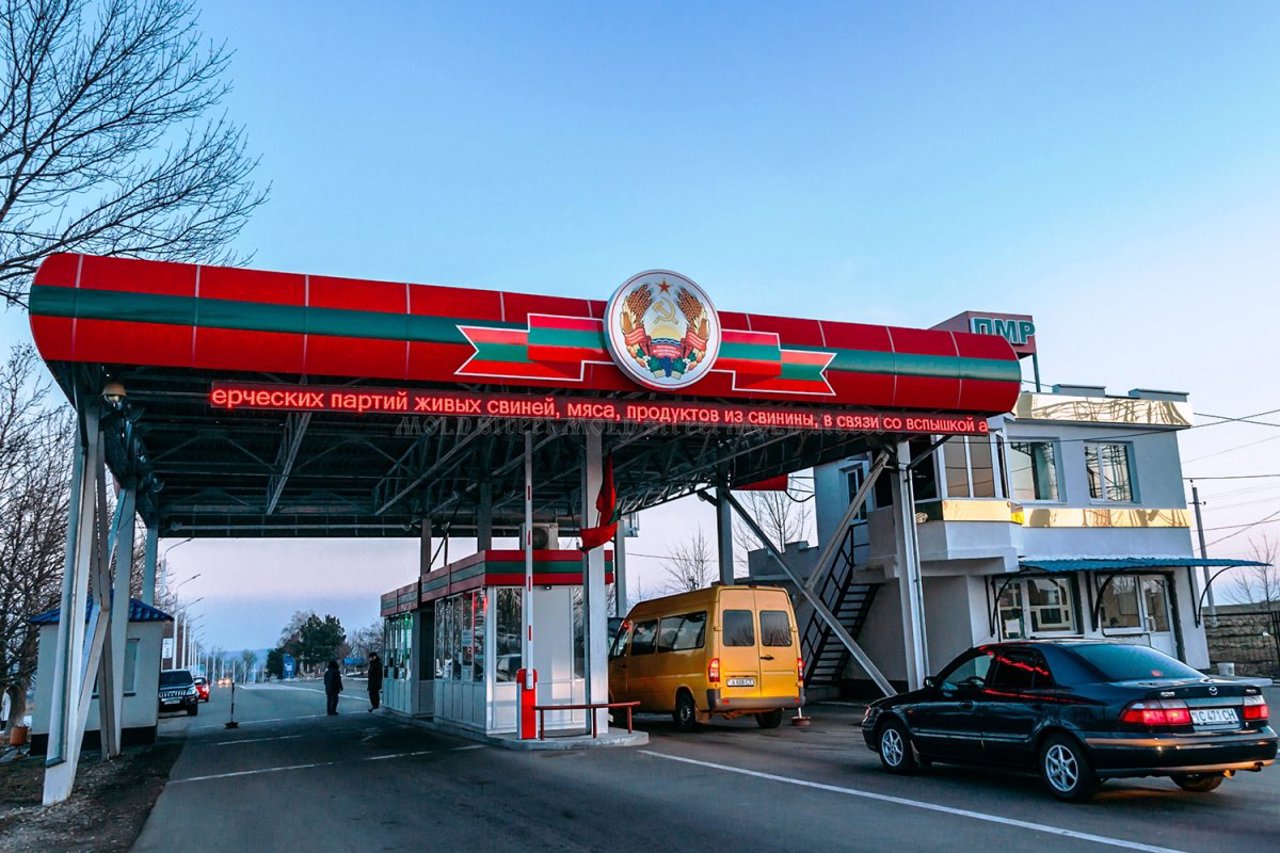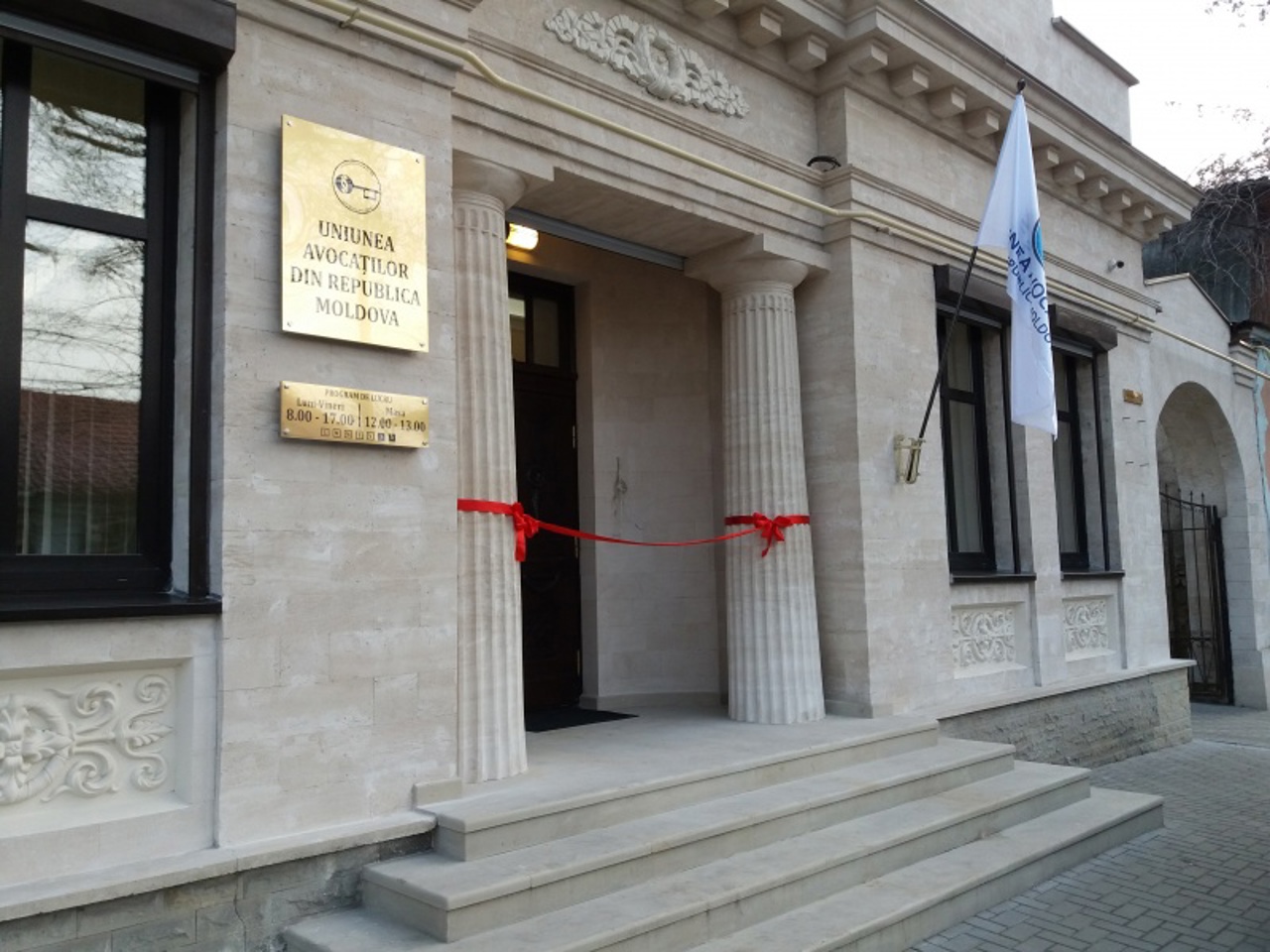Transnistrian economy hit by energy crisis: exports down by 60 percent
The energy crisis on the left bank of the Nistru, triggered by the interruption of Russian gas supplies by Gazprom, has affected the economy of the region, claims the alleged prime minister of Tiraspol, Alexandr Rozenberg. According to him, exports have decreased “dramatically” by about 60%, equivalent to 3.3 million dollars, and imports by 43 percent – which is 7 million dollars.

The largest declines in export operations were recorded in the field of metals and metal products, machine-building products and the chemical industry. Cement exports have been completely suspended. The so-called prime minister states that the region is in “very difficult, almost critical conditions”.
“The cessation of natural gas supplies has led to the closure of most enterprises, except for food production,” he added. Thus, in the conditions of the acute shortage of energy resources, some enterprises have switched to a night work schedule. These are the factories "Electromash", "Intercentrlux", "Softshoes", and others. If the volume of electricity at night is sufficient, other enterprises could also adopt the same schedule, Rozenberg says.
The economy in the Transnistrian region has stopped, in particular, customs revenues have decreased, and this affects citizens the most, former Deputy Prime Minister for Reintegration, Alexandru Flenchea, told Teleradio-Moldova.
"Everything is predictable in principle and clear. The actual financing does not happen as it should in a state: transparently and legally from the budget. If you do not have accumulations in the budget, then you do not have what to pay the salaries of public employees. In the region, these things happen differently. There, any budget deficit is covered either by the Russian Federation or by local oligarchs. The declared budget deficit of the region is 40 percent. As long as there is a crisis, they hope that it will be solved,” Alexandru Flenchea said.
The Russian concern Gazprom has suspended natural gas supplies to the Republic of Moldova since January 1, citing a debt on the right bank, disputed by an international audit, but without imposing conditions for the Transnistrian region, where debts exceed 11 billion dollars. As a result, the situation has generated massive disconnections from gas, hot water and thermal energy in most localities.
Several citizens, including those in the Security Zone, found themselves in the cold and without hot water after Gazprom suspended natural gas supplies. Currently, electricity for the left bank is still provided by the Cuciurgan Power Plant (MGRES), which operates on coal. Given the acute energy deficit, fan-out disconnections are carried out to avoid overloading the network.
The state of emergency in the region has been extended until February 8.





